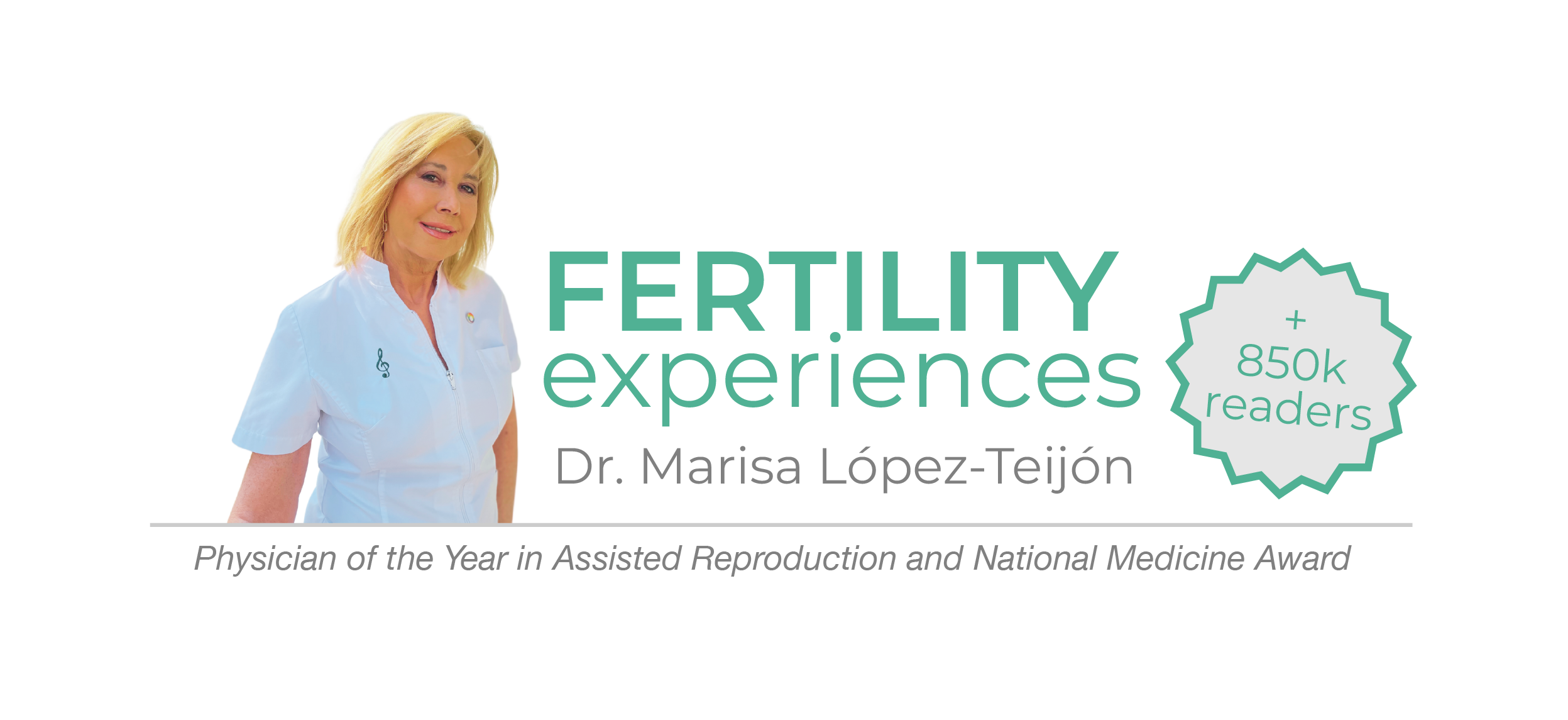You’re carrying between 5 and 20 severe recessive mutations. Let me tell you about it:
Mutations are changes that occur in the genetic map of every living being, some are transmitted to children and others are not, depending on the affected cells.
In theory, they are necessary for the evolution of the species (we descend from the chimpanzees so imagine how many mutations have occurred up to now!) but too often nature makes a mistake and errors take place that cause or predispose to more or less serious diseases.
Being a carrier means that you have one of the two copies of this gene altered but you are not sick because the healthy copy performs its normal function.
1.8% of the children are born with genetic diseases. They may be inherited or occur spontaneously, we call it de novo. The most common hereditary diseases are cystic fibrosis, fragile X syndrome and spinal muscular atrophy, among others.
Right now, scientists have developed genetic tests allowing us to find out what hereditary diseases we are carriers of. They are useful to provide us with our “gene card” as well as our partner’s before having a child because, should he be a carrier of the same mutation, the children will have a 25% chance of showing that disease.
There are different kits that study a greater or lesser number of diseases, around 1.000 – 2.000 mutations related with the 200-300 most common hereditary diseases. (There are more than 6.000 hereditary diseases, but most of them are very rare).
These tests are done on a blood sample and have an approximate cost of 500 Euros. We can have the result in 2-3 weeks and it should always be explained by an expert.
If it turns out the two partners have the same mutation, we can perform an In Vitro Fertilization with Preimplantation Genetic Diagnosis (PGD) to transfer only the healthy embryos or perform a study about the disease in the embryo during the first months of pregnancy.
The economic implication has different points of views. Some North American insurance companies include it in the coverage of the future parents because it is cheaper for them to pay for this test than to finance the diagnosis and treatment of a child with a serious chronic disease.
The cost of an In Vitro Fertilization with PGD for these kinds of diseases is high. The cost for the diagnosis of the foetus is cheaper but if it is affected, it implies the termination of the pregnancy.
I have asked many people these days and now I ask you if you would like to get to know your gene card.
Bear in mind that these tests allow the birth of children not affected by mutations that you and your partner are carriers of, but do not guarantee the birth of a healthy baby because many of the diseases are caused by de novo spontaneous mutations.
Usually we do not think that it is going to happen to us, but when we see in the media a very sick little boy, him and his family surrounded by suffering, continuous treatments, uncertainty about the future, etc., our hearts get broken.
As for the moral implication, I have heard all kinds of opinions: people who refuse it because they think we are going to make designer babies, eugenics, fear of abuse or genetic manipulation, people who say that it is fine but who would not do it and people who consider it a breakthrough and, if they can, they will perform the genetic analysis to find out whether they are carriers.
According to my experience, patients who have the same mutations end up with recurrent miscarriages, with a history of dead children or with a child with severe disabilities. They do not look for designer babies. They just want to have a healthy baby!
In our team, the gynaecologists who practice obstetrics and gynaecology inform about these tests to women who would like to get pregnant, but that becomes harder to explain for the gynaecologist who does assisted reproduction. Let me explain you why: as a referral centre, most of the patients we look after have a long history of years of infertility or of unsuccessful treatments. I will tell you about a case of a German couple I saw yesterday, a 40 years old couple: she has undergone an endometriosis operation and her ovaries respond poorly and he has a very low sperm concentration. They have already done four IVF cycles in their country. Well… You must imagine that I was not able to tell them: “Have you thought that you might also be carriers of hereditary diseases?” I think they already have enough problems.
We often say that genetics are the future, but now it starts to become the present.

Leave a comment